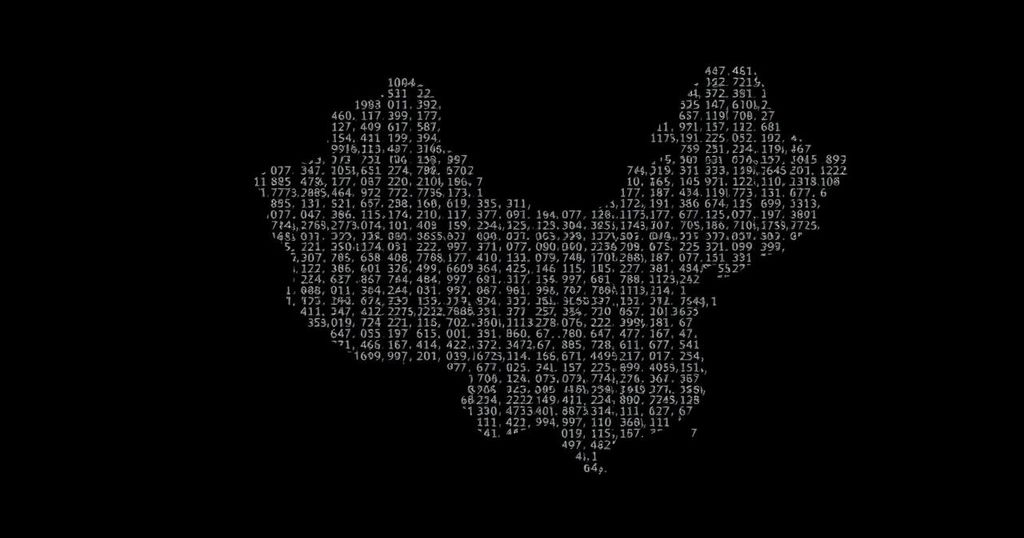Malaysia Investigates Leak of Chinese Diplomatic Note Concerning South China Sea Oil Exploration
On September 5, 2024, Malaysian Prime Minister Anwar Ibrahim declared that Malaysia will persist in its oil exploration activities within the South China Sea, despite overlapping territorial claims from China. This announcement follows reports of a leaked diplomatic note from China, purportedly expressing “strong dissatisfaction” with Malaysia’s ongoing work in the Luconia Shoals, an area rich in oil resources located within Malaysia’s exclusive economic zone (EEZ).
The Philippine Daily Inquirer recently published an article referencing a Chinese diplomatic note dated February 18, which accused Malaysia of violating its sovereignty in the disputed waters. While Prime Minister Anwar did not confirm the authenticity of the note, he emphasized that an investigation into its disclosure has been initiated. He stated, “We have made it clear that what we are doing with oil exploration is within our own waters,” while reiterating that Malaysia has duly informed China about its activities, including their receipt of several protests from Beijing.
The Luconia Shoals, positioned approximately 100 kilometers from Sarawak’s coast, fall well within Malaysia’s EEZ, where Petronas, the national oil company, has long been operational. Conversely, these same waters are encompassed by the so-called nine-dash line, a demarcation used by China to assert expansive territorial claims over most of the South China Sea.
The leaked Chinese note reportedly conveyed “serious concern” regarding Malaysia’s oil and gas exploration and demanded an immediate cessation of such endeavors. The online dissemination of this document has raised alarm regarding China’s perceived intimidation of its neighbors, particularly those like the Philippines that are increasingly vocal about their territorial disputes with China.
Within the context of the nine-dash line claims, six nations—Brunei, China, Malaysia, the Philippines, and Vietnam—are embroiled in overlapping territorial assertions in the South China Sea. Although China has not publicly commented on the leaked note, its foreign ministry is known for issuing formal diplomatic notes to contest foreign activities in claimed maritime zones.
In contrast to the Philippines’ more assertive diplomatic posture, which includes public denunciations of Chinese aggression, both Malaysia and Vietnam appear to favor a restrained diplomatic approach, opting for private negotiations rather than public confrontations. Prime Minister Anwar affirmed that Malaysia will continue its operations at various wells within its territory while also expressing willingness to engage in dialogue with China, whether through bilateral discussions or within the ASEAN framework. He maintained that the relationship with China is amicable, noting that “China is a great friend” and insisted that such operations should not disrupt bilateral relations.
Furthermore, Malaysia’s foreign ministry emphasized the critical need to safeguard the confidentiality of diplomatic communications, condemning any unauthorized disclosure as an irresponsible act. This incident marks the second occasion this year that the ministry has sought to investigate diplomatic leaks, following an earlier incident in February related to a consular communication from Morocco.
In conclusion, Malaysia’s determination to pursue its oil exploration rights in the contested South China Sea highlights the complexities of regional diplomacy amidst overlapping territorial claims. As negotiations and inquiries continue, Malaysia aims to reinforce its sovereignty while navigating its relationship with China.








Post Comment